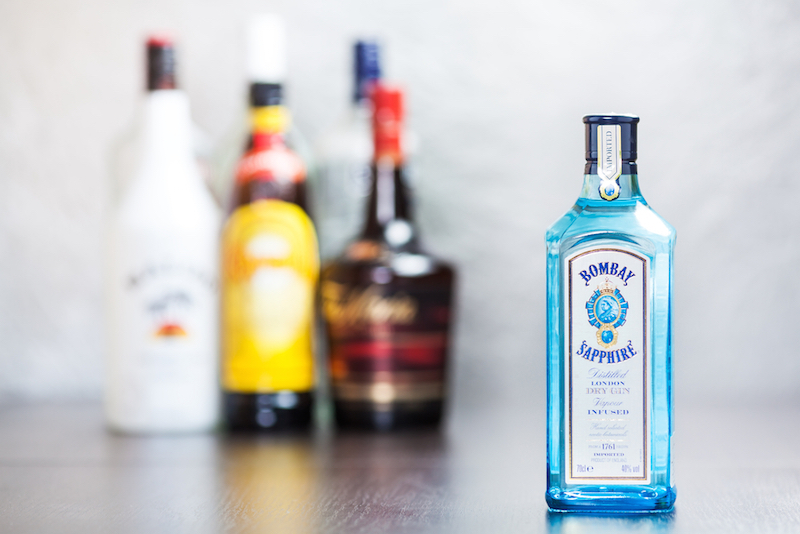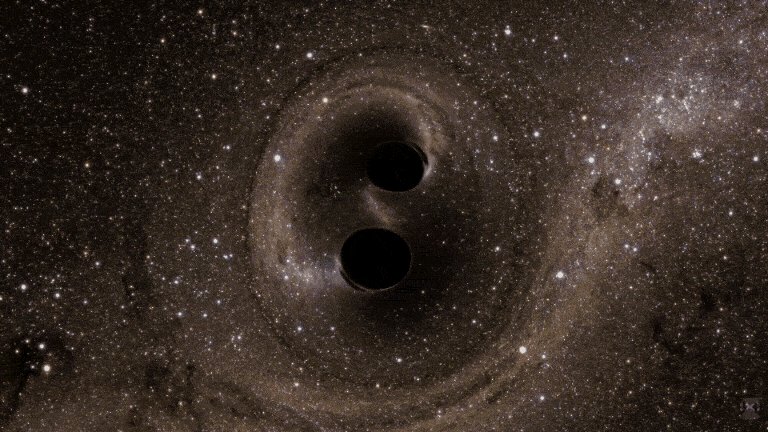Gin Recall: What Does Drinking 77 Percent Alcohol Do to You?

Get the world’s most fascinating discoveries delivered straight to your inbox.
You are now subscribed
Your newsletter sign-up was successful
Want to add more newsletters?

Delivered Daily
Daily Newsletter
Sign up for the latest discoveries, groundbreaking research and fascinating breakthroughs that impact you and the wider world direct to your inbox.

Once a week
Life's Little Mysteries
Feed your curiosity with an exclusive mystery every week, solved with science and delivered direct to your inbox before it's seen anywhere else.

Once a week
How It Works
Sign up to our free science & technology newsletter for your weekly fix of fascinating articles, quick quizzes, amazing images, and more

Delivered daily
Space.com Newsletter
Breaking space news, the latest updates on rocket launches, skywatching events and more!

Once a month
Watch This Space
Sign up to our monthly entertainment newsletter to keep up with all our coverage of the latest sci-fi and space movies, tv shows, games and books.

Once a week
Night Sky This Week
Discover this week's must-see night sky events, moon phases, and stunning astrophotos. Sign up for our skywatching newsletter and explore the universe with us!
Join the club
Get full access to premium articles, exclusive features and a growing list of member rewards.
If you're a gin drinker in Canada, imbibe cautiously. Canadian liquor authorities are recallingBombay Sapphire London Dry Gin after it was found that the bottles may contain almost twice as much alcohol as claimed on the label.
Although all affected bottles have since been removed from store shelves, some of the bottles may have been purchased, the Canadian Broadcasting Company (CBC) reported.
Drinking a 77 percent spirit as if it were 40 percent alcohol, as advertised on the label, could result in higher impairment, sickness, stomach irritation and more, said Aaron White, senior scientific advisor to the director of the National Institute on Alcohol Abuse and Alcoholism (NIAAA) in the U.S. [7 Ways Alcohol Affects Your Health]
Some people are sensitive to the taste of alcohol and may notice that the gin drink is stronger than normal, White told Live Science. However, it's also possible that drinkers would not notice the higher concentration quickly enough, which could lead to more significant impairment, he said.
"In terms of the effects on your brain and how you feel, or subjective experience, it takes half an hour to an hour for alcohol to be fully absorbed," White said. "One concern might be that you've already started on your second drink before you realize that the effects of the first drink were stronger than you anticipated."
The overall effect of alcohol on a drinker depends on the amount of alcohol consumed, White said. This, in turn, depends on several factors: the concentration of alcohol in the drinks consumed, the number of drinks the person consumes and how quickly the alcohol is consumed, White explained.
"If you drink more-concentrated alcoholic beverages, your blood alcohol content is going to rise more quickly," he told Live Science. "So, if you accidentally drink too much highly concentrated alcohol at once, your blood alcohol level could rise very quickly, and that's one of the key predictors of amnesia [blacking out] from drinking."
Get the world’s most fascinating discoveries delivered straight to your inbox.
Alcohol also irritates the stomach, causing inflammation of the stomach's lining, which can lead to the queasiness that is associated with hangovers, White said. He explained that drinking even a shot of normal, 40 percent gin could aggravate the stomach lining, so a shot with 77 percent alcohol would really cause irritation.
For people who tend to consume many drinks, having a beverage with a higher concentration of alcohol could prove deadly, warned Mark A. Celio, an assistant professor at the Center for Alcohol and Addiction Studies at Brown University in Rhode Island.
"In the case of very heavy consumption (approximately 15-20 drinks, which is not unrealistic), it could be deadly," Celio wrote Live Science in an email. "Someone who drinks heavily and often may be able to tolerate a blood alcohol level of 0.20, but might instead reach as high as 0.40 [with the higher-concentration drink], which is extremely dangerous."
The Liquor Control Board of Ontario issued the recall after a quality assurance check discovered that some bottles had not been properly diluted, the CBC said. Officials from Bacardi, the alcohol conglomerate that owns Bombay Sapphire, told the CBC that no more than 1,000 cases of the 1.14-liter (38.5 ounces) bottles of gin were affected.
"[These bottles] inadvertently entered the bottling line during a short period of time (max 45 minutes) when they were switching from one bottling tank to another bottling tank," Bacardi officials said of the alcohol recall in a statement to the CBC.
Original article on Live Science.

 Live Science Plus
Live Science Plus










